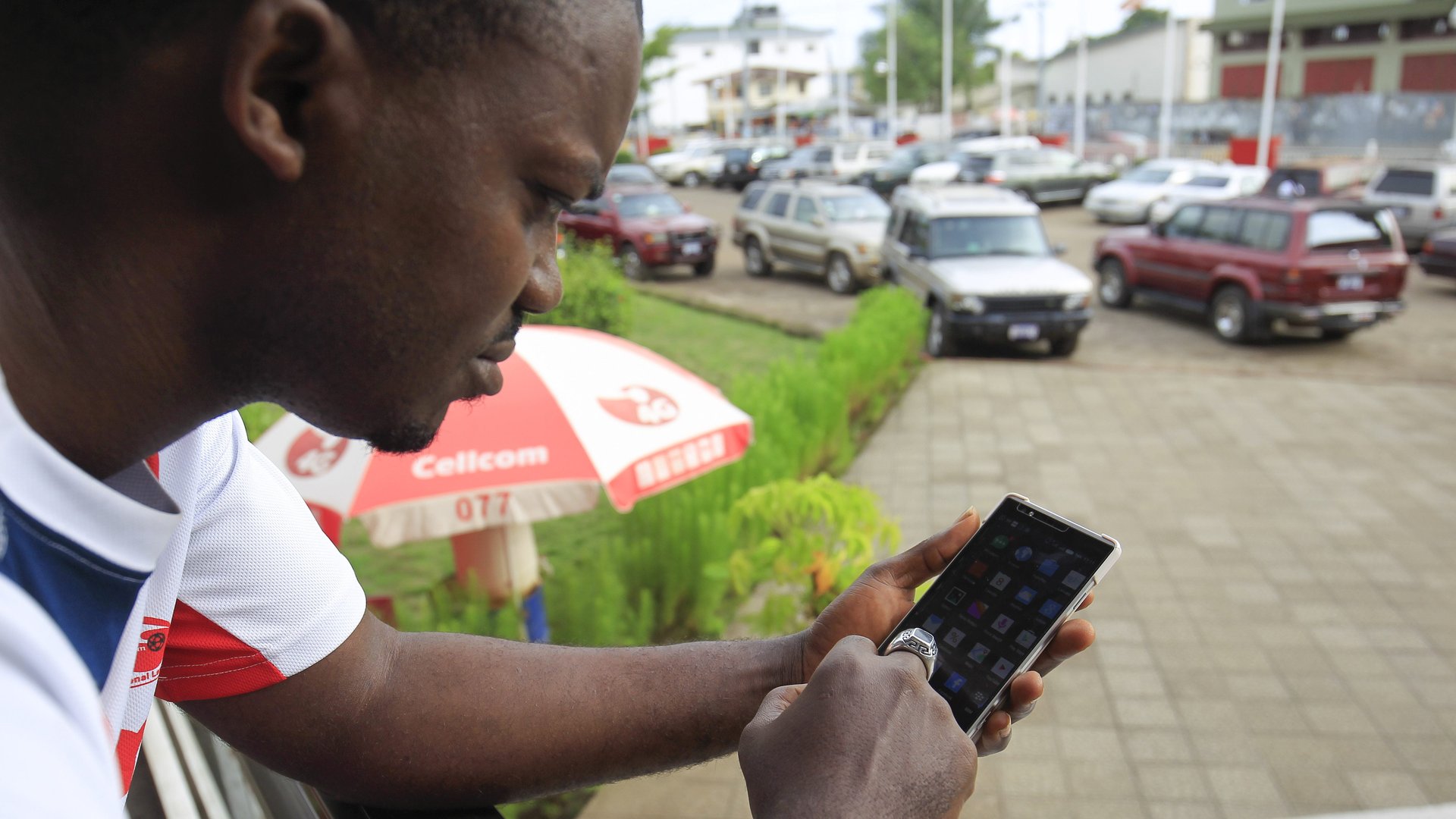African internet users need to get ready for an online privacy challenge
In a stunningly short period of time, Facebook has become one of the most powerful media platforms in the world. It’s not simply because its users can easily share and spread information far and wide. It’s also because a lot of its power lies in the knowledge it has about those users.


In a stunningly short period of time, Facebook has become one of the most powerful media platforms in the world. It’s not simply because its users can easily share and spread information far and wide. It’s also because a lot of its power lies in the knowledge it has about those users.
That knowledge is significant when it comes to Africa. As TechCabal editor Bankole Oluwafemi reminded us at Bloomberg’s Africa media conference last November, Facebook and Google probably know more about Africa’s youth than Africa’s governments do.
It’s easy to see how this could be true. We’ve written several times about the lack of readily available basic and up-to-date consumer and government data.
Here’s the thing: Some African governments are showing signs they also believe the internet giants know more than they do. Like with internet shutdowns, the governments say their concern is national security.
Last year, during the furor around Nigeria’s ill-fated anti-social media bill, a senior official at the communications regulator privately voiced frustration that local intelligence agencies couldn’t find out what Boko Haram terrorists and others were discussing on messaging apps like WhatsApp (which is owned by Facebook). For this person, the hurdle wasn’t a legal or ethical one, but a lack of technical capability.
In Kenya, where political tensions have been building in the run-up to August’s national elections, a story broke this week that the communications regulator has reached out to mobile network operators to be able to gain access to users’ private information if needed. The regulator pushed back against the claim it would access citizens private user information, but did confirm it is trying to use a “device monitoring system” to block counterfeit phones from being used on mobile phone networks.
But just as we’ve seen with internet shutdowns that started as brief emergency measures, this is a slippery slope. It’s worth noting the same Kenyan regulator has said it won’t be shutting down the internet during the election period—well, unless there’s an emergency. This isn’t reassuring.
To be clear, when it comes to privacy, African governments poking and prying in the affairs of private citizens on social media would be doing no worse than some of their Western counterparts—but that’s no excuse. Data privacy advocates and civil society groups raising awareness are vital, but we must all stay vigilant and support a better legal framework for data protection.